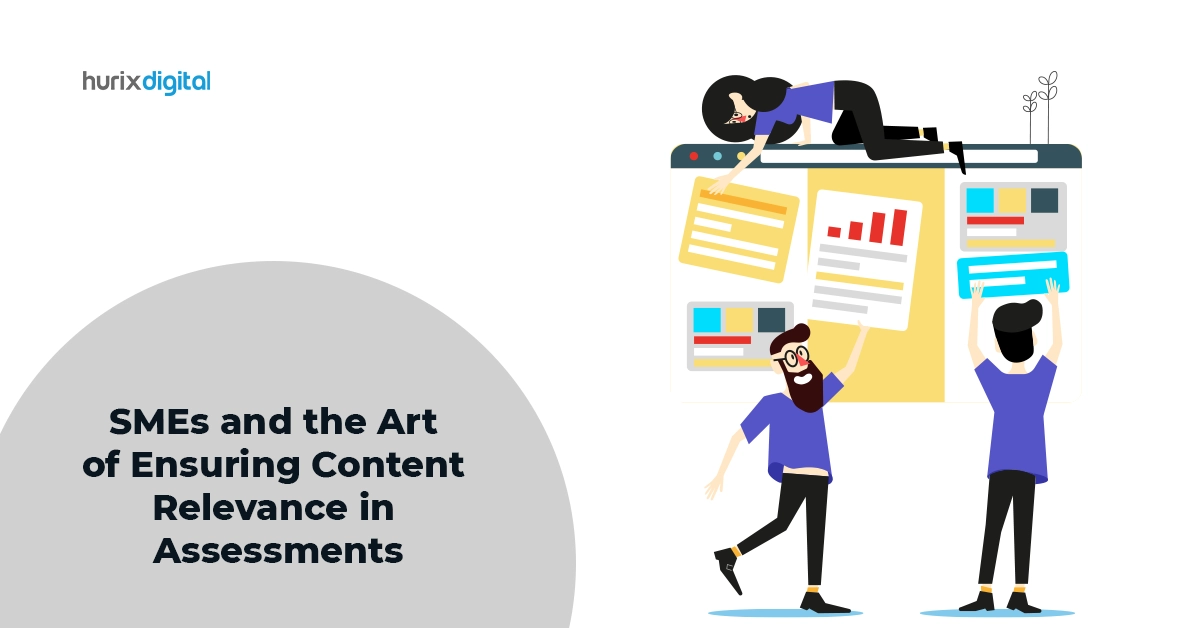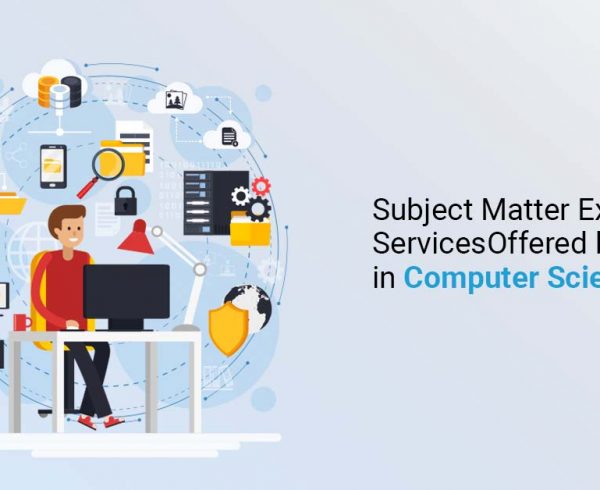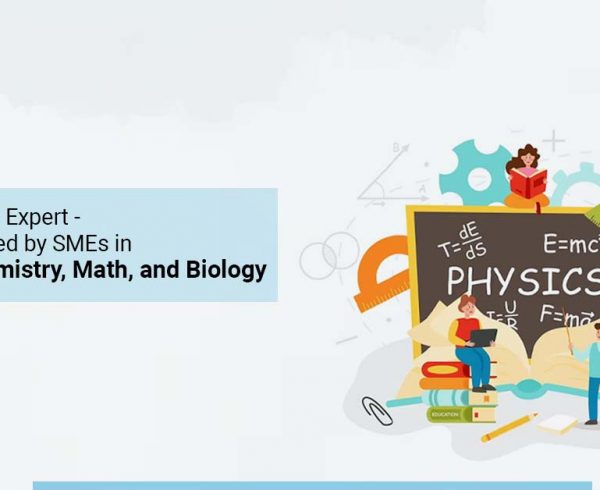Summary
The blog post discusses the importance of subject matter experts (SMEs) in EdTech companies. It highlights how SMEs' specialized knowledge and expertise contribute to the development of high-quality educational products and services. The post emphasizes how SMEs play a crucial role in ensuring the accuracy, relevance, and effectiveness of educational content in EdTech offerings.
India is home to a large number of highly qualified professionals in various fields, including Math, Physics, Chemistry, Biology, and Statistics. Many of these professionals work as subject matter specialists in academia, research institutions, and industry. There are also many freelancers and consulting firms that offer SME services in these subjects.
The exact number of SMEs in each subject area is difficult to determine, as there is no central database or registry that tracks this information. However, there are some estimates available from industry associations and government agencies. For example, the Confederation of Indian Industry (CII) estimates that there are over 51 million SMEs in India across all sectors, which includes the education and training sector.
Table of Contents:
- Introduction
- SME services for EdTech companies
1. Curriculum Development
2. Instructional Design
3. Quality Assurance
4. Subject Matter Expertise
5. Assessment and Evaluation - Conclusion
Introduction
In terms of education and training, the National Skill Development Corporation (NSDC) estimates that there is a shortage of skilled professionals in many sectors, including science and technology. To address this shortage, the Indian government has launched several initiatives, such as the Skill India campaign, to promote skill development and vocational training in these areas.
Overall, while it’s difficult to provide an exact number, it’s clear that there are a significant number of SMEs available across India in subjects such as Math, Physics, Chemistry, Biology, and Statistics.
However, there is a high demand for the role of subject matter experts in subjects such as Math, Physics, and Chemistry, as these subjects are core components of many academic and research fields. Biology and Statistics are also in demand, as they are essential for many fields such as healthcare, finance, and data analysis.
That being said, there are some areas within these subjects where there may be a shortage of SMEs. For example, in Math and Physics, there may be a shortage of SMEs with specialized knowledge in areas such as quantum mechanics or astrophysics. In Chemistry, there may be a shortage of SMEs with expertise in analytical chemistry or materials science.
In Biology, there may be a shortage of SMEs with expertise in emerging areas such as synthetic biology or bioinformatics. In Statistics, there may be a shortage of SMEs with expertise in advanced data analysis techniques such as machine learning or data mining.
Overall, the availability of SMEs in specific subject areas can vary depending on the demand for their services and the level of specialization required.
SME services for EdTech companies
SMEs (Subject Matter Experts) can offer a variety of services to EdTech companies, which are companies that provide education technology solutions such as online courses, learning management systems, and educational apps. Here are some examples of services that SMEs can offer to EdTech companies:
1. Curriculum Development
SMEs can develop curriculum content for EdTech companies, which can be used in online courses or learning management systems. They can create educational materials such as lectures, quizzes, and assignments, and ensure that the content is accurate, engaging, and meets learning objectives.
2. Instructional Design
SMEs can help EdTech companies to design instructional strategies and pedagogical approaches that are effective in delivering educational content. They can help to design assessments, lesson plans, and learning activities that are tailored to the needs of the learners.
3. Quality Assurance
SMEs can provide quality assurance services to EdTech companies, ensuring that the educational content and technology solutions are functioning correctly and meeting the needs of the learners. They can perform testing, and troubleshooting, and provide recommendations for improvements.
4. Subject Matter Expertise
SMEs can offer their expertise in specific subjects such as Math, Science, History, English, and Computer Science, and provide consultation and guidance on content creation and instructional design.
5. Assessment and Evaluation
SMEs can develop assessments and evaluation tools for EdTech companies to measure the effectiveness of their educational content and technology solutions. They can provide recommendations for improvements based on the assessment results.
Conclusion
Overall, SMEs can play a vital role in helping EdTech companies to create effective educational content and technology solutions that meet the needs of learners. By offering their expertise in curriculum development, instructional design, quality assurance, subject matter expertise, and assessment and evaluation, SMEs can help EdTech companies to improve the quality of education delivered through technology.
Related Article: Subject Matter Expert – Services Offered by SMEs in Physics, Chemistry, Math, and Biology











